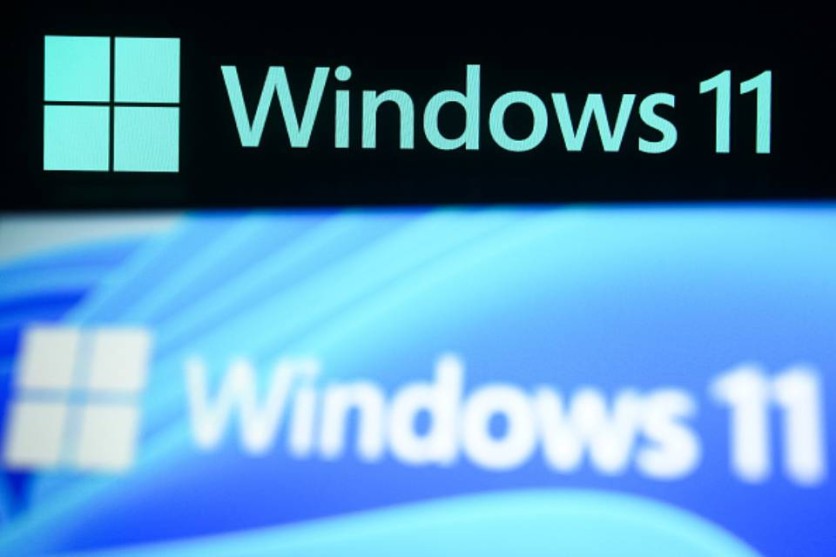Windows 11 is not slated to release until Holiday 2021, but it's already making headlines. And some of those aren't particularly fun to deal with, especially because it involves scalpers.
WindowsCentral reports that in light of Windows 11 being revealed, scalpers are now holding some new hardware hostage (as if what they did to graphics cards wasn't bad enough). They're jacking up the prices of TPM 2.0 modules, which were included in the upcoming OS' system requirements.
Various online markets like eBay have seen an upsurge in the same of TPM 2.0 modules, with their prices already inflated to as much as four times greater in less than a day. The eBay listings were spotted by a Twitter user named Shen Ye, who tweeted this image:
Thanks to Windows 11, people are scalping TPM2.0 modules as well now.
— Shen Ye (@shen) June 25, 2021
$24.90 ➡ $99.90 in just 12 hours pic.twitter.com/9TTHC2c47w

As indicated, prices have gone up from an average of $20 to as much as $100 in just 12 hours. What seemed to be a relatively unknown piece of computer hardware is now suddenly quite valuable, just because Microsoft indicated it in the system requirements for Windows 11.
And it also likely didn't help that a certain software called PCHealthCheck, which checks if a certain device can run the OS, would say "this PC can't run Windows 11" when some users install it on their systems. What's even worse is that a lot of people don't really know better and will assume that they can't upgrade to the new OS when in fact, they can.
If Microsoft confirms that TPM 2.0 modules are indeed a hard requirement, then these scalpers will have a field day selling what used to be essentially worthless hardware just days ago. It's happening in the midst of a global chip shortage too, which is absolutely the worst timing.
Windows 11 And TPM Modules: What's the Catch?
First off, let's get this out of the way. Unless Microsoft officially confirms that a TPM 2.0 module is absolutely essential to run Windows 11, you don't need it on your computer. Especially not the ones being sold for four times their original price on eBay or any other online market.
That's because TPM modules by default are already present on relatively modern computers as firmware and not hardware. But the thing is, they tend to be inactive by default. And the average computer user will have no conceivable idea of how to turn it on. This is why the software PCHealthCheck was trending several days ago because many users were getting the "this PC can't run Windows 11" error.
(Photo : Pavlo Gonchar/SOPA Images/LightRocket via Getty Images)
UKRAINE - 2021/06/24: In this photo illustration a Windows 11 logo is seen on a smartphone and a pc screen in the background. Microsoft has presented Windows 11, new generation of Windows operating system (OS), during an event on June 24, 2021.
Fortunately, if you have a relatively new system (one that's not from the early 2000s or older), you already have a built-in TPM module that you can turn on. The guide varies from system to system, but you can check out a quick general guide by PC Gamer on how to turn on your PC's TPM module.
No matter what you do, if you can help it, DO NOT waste money on a scalped TPM 2.0 module.
Related: Windows 11 Is 'Designed for Gaming,' Says Microsoft; Does This Mean Much Better Gaming Performance?
This article is owned by Tech Times
Written by RJ Pierce
ⓒ 2026 TECHTIMES.com All rights reserved. Do not reproduce without permission.




